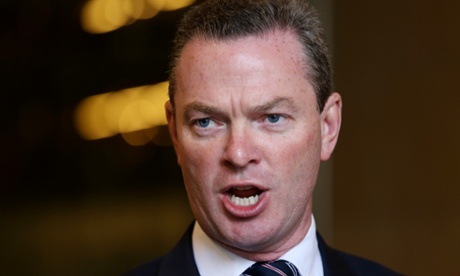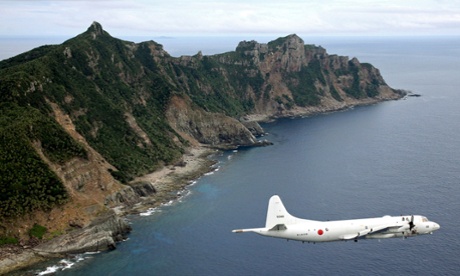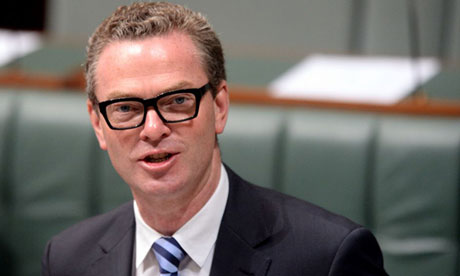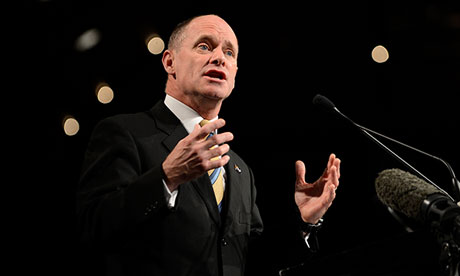Prime Minister Tony Abbott says the Coalition will deliver on its education election promises, not on what some voters "thought" it was going to do.
Photo: Tony Abbott says the Government is committed to matching Labor's "quantum" of funding.
Mr Abbott said the Coalition was on a "unity ticket" with Labor on the issue of school funding in the lead-up to September's federal election.
But on Wednesday Education Minister Christopher Pyne pledged to renegotiate all school funding deals made by the former government after next year.
My Pyne says he cannot guarantee individual schools will get the money they were expecting under the former government's so-called Gonski plan.
The move has drawn the ire of education ministers from Tasmania, Victoria, South Australia, New South Wales and the ACT, who made funding agreements with Labor.
Mr Abbott maintains the Coalition is upholding its election commitment, saying it promised to match the funding total, not the model used to distribute it.
"Under the Coalition, schools will get the same quantum of funding over the four years that they would have under Labor had it been re-elected. In fact, they will get a little bit more," he told Channel Ten.
"I think Christopher [Pyne] said schools would get the same amount of money and schools - plural - will get the same amount of money.
Video: Penny Wong tells Insiders that voters have been misled (Insiders)
"We are going to keep the promise that we actually made, not the promise that some people thought that we made, or the promise that some people might have liked us to make."
Labor's Senate Leader Penny Wong says voters have been misled.
"The Government is clearly determined to break their word," she told the ABC's Insiders program.
"Christopher Pyne has had a very bad week [and] kids around Australia, parents around Australia, have had a very bad week from a Government that's breaking their promise."
Giddings to take Coalition to task at COAG
Tasmanian Premier Lara Giddings has vowed to take the Abbott Government to task at this month's Council of Australian Governments (COAG) meeting in Canberra.
"This Gonski reform is one of the top issues, but from our perspective, we're also very concerned about any GST reform that might occur, what the intention is of the Federal Government around NDIS as well," she told Channel Ten.
"All of these issues are crucial for the future of Tasmania."
South Australia's Premier Jay Weatherill says his Government will consider all options to have the original funding model restored.
"We'll take some advice about that and obviously we'll pursue and campaign against them using every means possible," he told Channel Ten.
"The real penalty is the political penalty and [Mr Pyne will] be suffering political pain every day from now until he recommits himself to the promise he made before the federal election."
But Queensland Premier Campbell Newman, who refused to sign a school funding agreement with Labor, criticised state and territory colleagues who want to keep the Gonski model.
"We're very happy and frankly the screams and yowls of other state premiers are just that," he told reporters in Brisbane this morning.
"They are people who are prepared to sell the sovereignty of the states down the river."
 Federal education minister Christopher Pyne faced heated criticism from his state counterparts at a meeting on Friday. Photograph: Nikki Short/AAP Image
Federal education minister Christopher Pyne faced heated criticism from his state counterparts at a meeting on Friday. Photograph: Nikki Short/AAP Image


 Fibre optic broadband ... Coalition picked cheaper option. Photograph: Rex Features
Fibre optic broadband ... Coalition picked cheaper option. Photograph: Rex Features


 A Japanese aircraft flies over the disputed Senkaku Islands, known as Diaoyu in China. Australia has criticised China's decision to impose an air-defence zone in the East China Sea. Photograph: AP
A Japanese aircraft flies over the disputed Senkaku Islands, known as Diaoyu in China. Australia has criticised China's decision to impose an air-defence zone in the East China Sea. Photograph: AP



 Education minister Christopher Pyne presents a bill in the House of Representatives. Photograph: Lukas Coch/AAP for Guardian Australia
Education minister Christopher Pyne presents a bill in the House of Representatives. Photograph: Lukas Coch/AAP for Guardian Australia

 Queensland premier Campbell Newman. Photograph: Dan Peled/AAP
Queensland premier Campbell Newman. Photograph: Dan Peled/AAP



